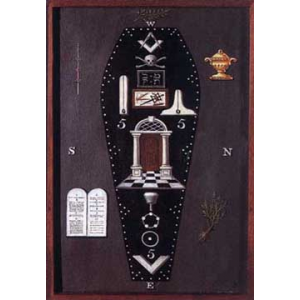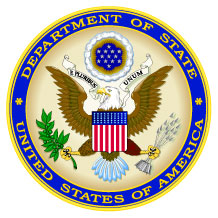
Book: On The Antient And Primitive Rite Of Masonry Memphis Mizraim by Jeremiah How
A COMPLETE history of this Order would necessarily involve an account of most of the Rites prevalent last century which devoted themselves to Templary, Theosophic, Hermetic and Occult research. Suffice it for this article to give the reader a general impression upon the more important points of the Rite.The leading fact is, that prior to the year 1721 some of the English Masons of the York Rite, which last century was known as a Templar Tie of Seven Degrees, were well acquainted with the ancient mystical language of those occult fraternities who boaster the gnosis, or wisdom of old Egypt, and were the, in 1721, addressed as the ‘higher class’ of Masons. The Continental brethren developed this Hermetic element to an almost incredible extent. Martinez Paschalis, who was a German, of poor parents, born about the year 1700, after having acquired a Knowledge of Greek and Latin at the age of sixteen years, journeyed to Turnkey, Arabia and Damascus, and obtaining imitation into the Temple Mysteries of the East, upon his return, established a particular Order of Rose-Croix, or Elected Cohens, which influenced greatly all the Masonry of his century, and especially some of the Orders from which the Rite of Memphis drew its inspiration.
Free eBooks (Can Be Downloaded):
John Stearne - A Confirmation And Discovery Of WitchcraftOrder Of The Golden Dawn - The Invoking Pentagram Ritual Of Water
Order Of The Golden Dawn - The Invoking Pentagram Ritual Of Fire
Order Of The Golden Dawn - The Invoking Pentagram Ritual Of Earth
Jeremiah How - On The Antient And Primitive Rite Of Masonry Memphis Mizraim








